Malala Yousafzai: from child campaigner to Nobel Peace Prize winner
Nine years after being shot by the Taliban, the 24-year-old is calling on world leaders to help Afghans
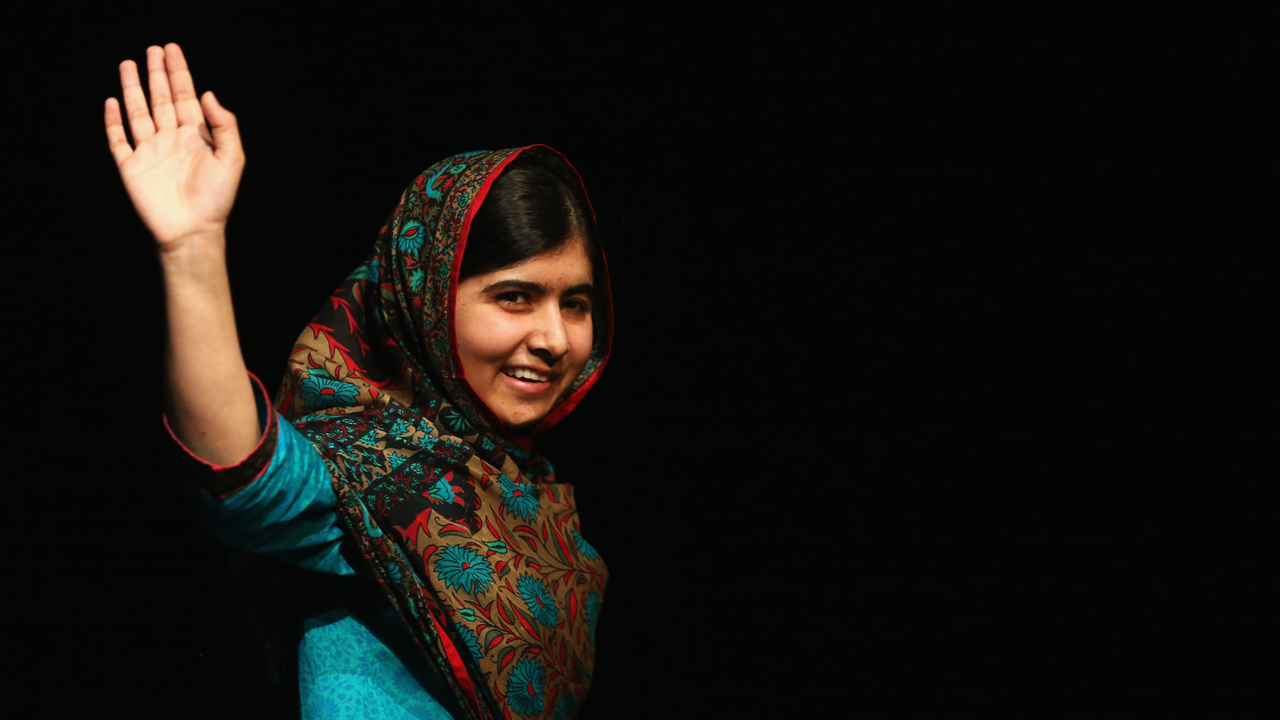
Nobel laureate Malala Yousafzai has returned to Pakistan for the first time since she was shot by Taliban gunmen in an assassination attempt more than five years ago.
The 20-year-old education activist landed in Islamabad this morning for a four-day visit amid heavy security. She was later honoured by Prime Minister Shahid Khaqan Abbasi at a special ceremony at his residence.
It is unclear if Yousafzai will visit her home town in the Swat Valley, where she was shot in the head by militants as she sat on a school bus with classmates in 2012.
Subscribe to The Week
Escape your echo chamber. Get the facts behind the news, plus analysis from multiple perspectives.

Sign up for The Week's Free Newsletters
From our morning news briefing to a weekly Good News Newsletter, get the best of The Week delivered directly to your inbox.
From our morning news briefing to a weekly Good News Newsletter, get the best of The Week delivered directly to your inbox.
In a speech after her meeting with Abbasi, the feminist campaigner said she had dreamed of coming back to Pakistan “every day for the last five years”, reports the country’s The Express Tribune.
“It’s the happiest day of my life,” she said. “I still can’t believe it’s happening. I don’t normally cry. I’m still 20 years old but I’ve seen so many things in life.”
Yousafzai was targeted by Taliban gunmen for campaigning for female education in the deeply conservative region.
Following the attack, she was transferred to hospital in the UK, where she made a full recovery.
Yousafzai continued her advocacy for girls’ access to education after starting a new life in Birmingham with her family, and became the youngest-ever recipient of the Nobel Peace Prize in 2014.
In an interview with US talk show host David Letterman earlier this month, the Oxford University student said that she missed “the rivers and mountains” of the Swat Valley and that all she wanted was for her “feet to touch the ground of home”.
News of her arrival has been received enthusiastically by many Pakistanis, the BBC’s Pakistan correspondent Secunder Kermani reports.
“Some Pakistanis have long been critics of Malala, favouring conspiracy theories claiming she is ‘a Western agent’ or was actually shot by the CIA,” Kermani says. “For many other Pakistanis, though, Malala is a source of great pride, and now she’s finally come home.”
Politicians, journalists and celebrities were among those welcoming her back.
Faryal Niaz, a student at the Khushal Model School in Mingora, where Yousafzai studied before she was shot, said the activist was her idol, CNN reports.
“When girls like us go to school in Swat, the only reason is Malala Yousafzai,” the schoolgirl said.
Sign up for Today's Best Articles in your inbox
A free daily email with the biggest news stories of the day – and the best features from TheWeek.com
-
 The Years at the Harold Pinter Theatre: an 'unmissable' evening
The Years at the Harold Pinter Theatre: an 'unmissable' eveningThe Week Recommends Eline Arbo's 'spellbinding' adaptation of Annie Ernaux's memoir transfers to the West End
By The Week UK Published
-
 The White Lotus: a delicious third helping of Mike White's toxic feast
The White Lotus: a delicious third helping of Mike White's toxic feastThe Week Recommends 'Wickedly funny' comedy-drama stars Jason Isaacs, Walton Goggins and Aimee Lou Wood
By The Week UK Published
-
 Classic car insurance: how best to protect your vintage vehicle
Classic car insurance: how best to protect your vintage vehicleThe Explainer Insuring your classic car may be cheaper than you think
By Marc Shoffman, The Week UK Published
-
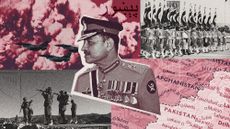 The resurgence of the Taliban in Pakistan
The resurgence of the Taliban in PakistanUnder the Radar Islamabad blames Kabul for sheltering jihadi fighters terrorising Pakistan's borderlands
By Harriet Marsden, The Week UK Published
-
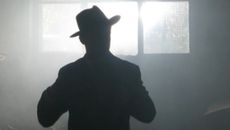 Who is the Hat Man? 'Shadow people' and sleep paralysis
Who is the Hat Man? 'Shadow people' and sleep paralysisIn Depth 'Sleep demons' have plagued our dreams throughout the centuries, but the explanation could be medical
By The Week Staff Published
-
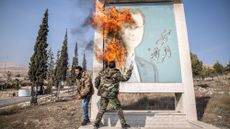 Why Assad fell so fast
Why Assad fell so fastThe Explainer The newly liberated Syria is in an incredibly precarious position, but it's too soon to succumb to defeatist gloom
By The Week UK Published
-
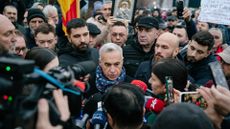 Romania's election rerun
Romania's election rerunThe Explainer Shock result of presidential election has been annulled following allegations of Russian interference
By Sorcha Bradley, The Week UK Published
-
 Russia's shadow war in Europe
Russia's shadow war in EuropeTalking Point Steering clear of open conflict, Moscow is slowly ratcheting up the pressure on Nato rivals to see what it can get away with.
By The Week UK Published
-
 Cutting cables: the war being waged under the sea
Cutting cables: the war being waged under the seaIn the Spotlight Two undersea cables were cut in the Baltic sea, sparking concern for the global network
By The Week UK Published
-
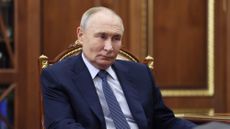 The nuclear threat: is Vladimir Putin bluffing?
The nuclear threat: is Vladimir Putin bluffing?Talking Point Kremlin's newest ballistic missile has some worried for Nato nations
By The Week UK Published
-
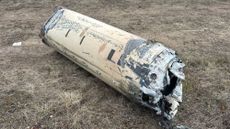 Russia vows retaliation for Ukrainian missile strikes
Russia vows retaliation for Ukrainian missile strikesSpeed Read Ukraine's forces have been using U.S.-supplied, long-range ATCMS missiles to hit Russia
By Arion McNicoll, The Week UK Published